WEIGHT LOSS DIETS DON'T NEED TO BE 'SUSTAINABLE'
…But the ‘diet’ after weight loss should be sustainable.
What do I mean when I say this? Well, the goal should not be to diet forever, or even for an indefinite period of time – so the diet you choose to follow, in order to lose weight, does not have to be one that you can stick to in the long term. Following the false belief that any and every diet you follow needs to be one that you ‘could do for the rest of your life’ could, in some instances, be more harmful to your long-term progress, and hinder your weight loss goals more than it could help them.
Here’s the thing – no-one should be trying to lose weight, constantly, forever and ever. Dieting to lose weight should be a temporary process – so why must the dietary approach chosen to lose weight be one you could maintain permanently. The answer is, quite simply, it doesn’t have to be. There is no one ‘right’ way to diet or lose weight, and frankly there are countless diets and approaches that prove to be really successful for weight loss – some obviously being more safe and healthy than others. The most important thing, as with any diet, whether it’s with the intention of losing weight or not, is that it suits you.
Don’t get me wrong, you shouldn’t take this as a ringing endorsement for Herbalife, juice plus, the carnivore diet – or any fad/dietary approach you might have heard of. If you are a regular reader of this blog, or follower of Core Training, you will know what we think of many of these faddy, ‘silver bullet’ diets (spoiler alert: it’s not good), but the reason we dislike them is not because they aren’t successful at helping people lose weight.
We would always prefer to use weight loss methods that still emphasize a certain amount of health and wellbeing - with a balance of macro and micronutrients and trying to eliminate foods entirely – we do appreciate that weight loss can be successfully achieved through ‘less healthy’ methods, and that isn’t necessarily the end of the world.
It’s not the end of the world, that is, so long as it is time limited, and not something implemented in perpetuity. One of the biggest issues people face is no actually losing weight, but actually keeping the weight off. I have written blogs in the past which talk about the subject of weight maintenance, and why it’s almost more important than being able to lose weight (you can read that blog here). Now, this is where most people, and most weight loss diets, fall down. Once weight loss is achieved, typically one of two things happens:
People end their diet, and go back to their previous eating habits, leading to weight re-gain.
People are afraid of re-gaining the weight, so don’t end their diet, and continue to eat in an overly restrictive, unhealthy way, indefinitely.
Now, neither of these outcomes is better than the other, and both can lead to negative health outcomes in the long-term. Which is how we come full circle, to the title of this blog. Weight loss diets don’t need to be sustainable, but the ‘diet’ after weight loss should be sustainable. Which is why I believe it is important for anyone setting out with a weight loss goal to always set an end point to their dieting phase, and put in place a plan on what they will do after they are finished dieting, before they actually finish the dieting phase.
If there’s anything I want you to take away from this blog, it’s this:
You should not always be trying to diet. Diets should be fixed in length and broken up by (usually) much longer periods of maintenance. While dieting, it is ok to be restrictive, it is ok if you feel hungry, and it is likely that your diet won’t be optimal for your health.
What’s not ok is if this drags on indefinitely. If you are constantly trying to lose weight and dieting (whether or not you are achieving weight loss), then you are probably in a bad place when it comes to your relationship with food, and your own body image. If that’s the case, I would strongly recommend ending your diet, and fixing those two things before trying to lose weight again.
Weight loss diets do not need to be sustainable because inherently, they should not be something you do for long periods of time – but rather for short bursts. What I’d like you to do, however, is spend less time thinking about your weight loss diet and spend far more time and energy on developing a nutritional approach that allows you to optimize your health and maintain your weight when not actively ‘dieting’ – you will be far better off for it, and it will mean only having to diet once, not over and over again!


